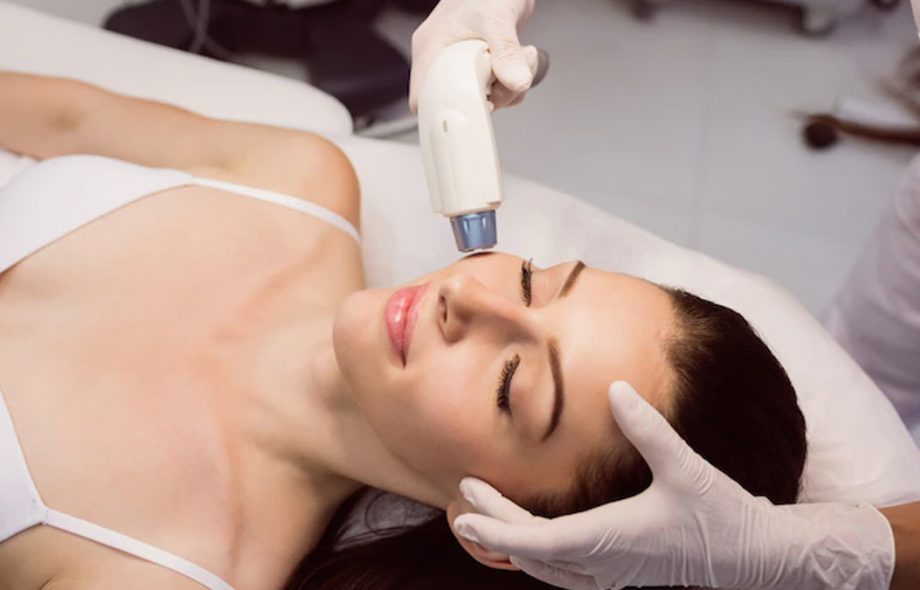If you are considering electrolysis hair removal in Riyadh, it’s essential to know that while electrolysis is safe for most people, it may not be suitable for everyone. Certain medical conditions, skin sensitivities, or lifestyle factors can increase the risk of side effects or reduce the effectiveness of the treatment. Understanding who should avoid electrolysis can help ensure safety and achieve the best results.
Medical Conditions That May Prevent Electrolysis:
Some health conditions make electrolysis unsafe or inadvisable.
Heart conditions: Individuals with pacemakers or severe heart disease should avoid electrolysis due to electrical currents.
Skin disorders: Conditions like eczema, psoriasis, or severe acne in the treatment area can increase irritation and infection risk.
Blood disorders: People with bleeding disorders or on blood-thinning medications may experience excessive bruising or slow healing.
Pregnancy and Electrolysis:
Pregnancy is generally considered a precautionary period for hair removal treatments.
Electrolysis is usually not recommended during pregnancy due to the sensitivity of the body and skin changes.
Hormonal fluctuations during pregnancy may affect hair growth, making results less predictable.
Postponing treatment until after childbirth is often advised for safety and effectiveness.
Skin Sensitivities and Allergies:
Individuals with sensitive skin or certain allergies may need to avoid or modify electrolysis treatments.
Severe sunburn or recent tanning in the treatment area can increase irritation risk.
Allergic reactions to topical anesthetics used during sessions may occur in some patients.
Skin prone to keloid or hypertrophic scarring may be at higher risk of undesirable marks.
Medication Interactions:
Certain medications can impact the safety and outcome of electrolysis.
Photosensitive drugs may increase the risk of skin irritation.
Acne medications like isotretinoin require a waiting period before treatment.
Blood thinners can make the skin more prone to bruising and delayed healing.
Areas That May Require Caution:
Not all areas of the body are equally safe for electrolysis in every individual.
Highly sensitive regions, such as near the eyes or genitals, require extra expertise.
Scarred or tattooed areas may react unpredictably to the electric current.
Areas with active infections or skin lesions should be avoided until fully healed.
Age Considerations:
Electrolysis may not be suitable for certain age groups.
Children and teenagers may require parental consent and careful assessment due to skin sensitivity.
Older adults with fragile skin may experience more redness, swelling, or slower healing.
Choosing a Safe Clinic:
Selecting a professional and experienced clinic is crucial for minimizing risks.
Ensure specialists are certified and trained in handling sensitive cases.
Review client testimonials and treatment protocols.
Confirm the clinic follows strict hygiene and safety standards.
Alternative Hair Removal Options:
For individuals who cannot undergo electrolysis, alternative methods may be considered.
Laser hair removal: Effective for many hair types but less suitable for very light or fine hair.
Waxing or sugaring: Temporary solutions that remove hair without affecting follicles.
Depilatory creams: Chemical-based options for safe, short-term hair removal.
Preparing for Electrolysis Safely:
Even if you are eligible, proper preparation reduces risk and improves results.
Avoid sun exposure or tanning before treatment.
Inform the specialist about medications, allergies, and medical history.
Follow pre-treatment instructions, such as cleansing and shaving the area if advised.
Final Thoughts:
While electrolysis is generally safe and effective, certain individuals should avoid or postpone treatment due to medical conditions, skin sensitivities, medications, or age-related factors. Consulting a certified specialist for electrolysis hair removal in Riyadh ensures that any risks are minimized and the most suitable hair removal method is chosen. Understanding these precautions helps patients make informed decisions and achieve the best possible outcomes safely.
 :
https://www.royalclinicsaudia.com/ar-sa
:
https://www.royalclinicsaudia.com/ar-sa

